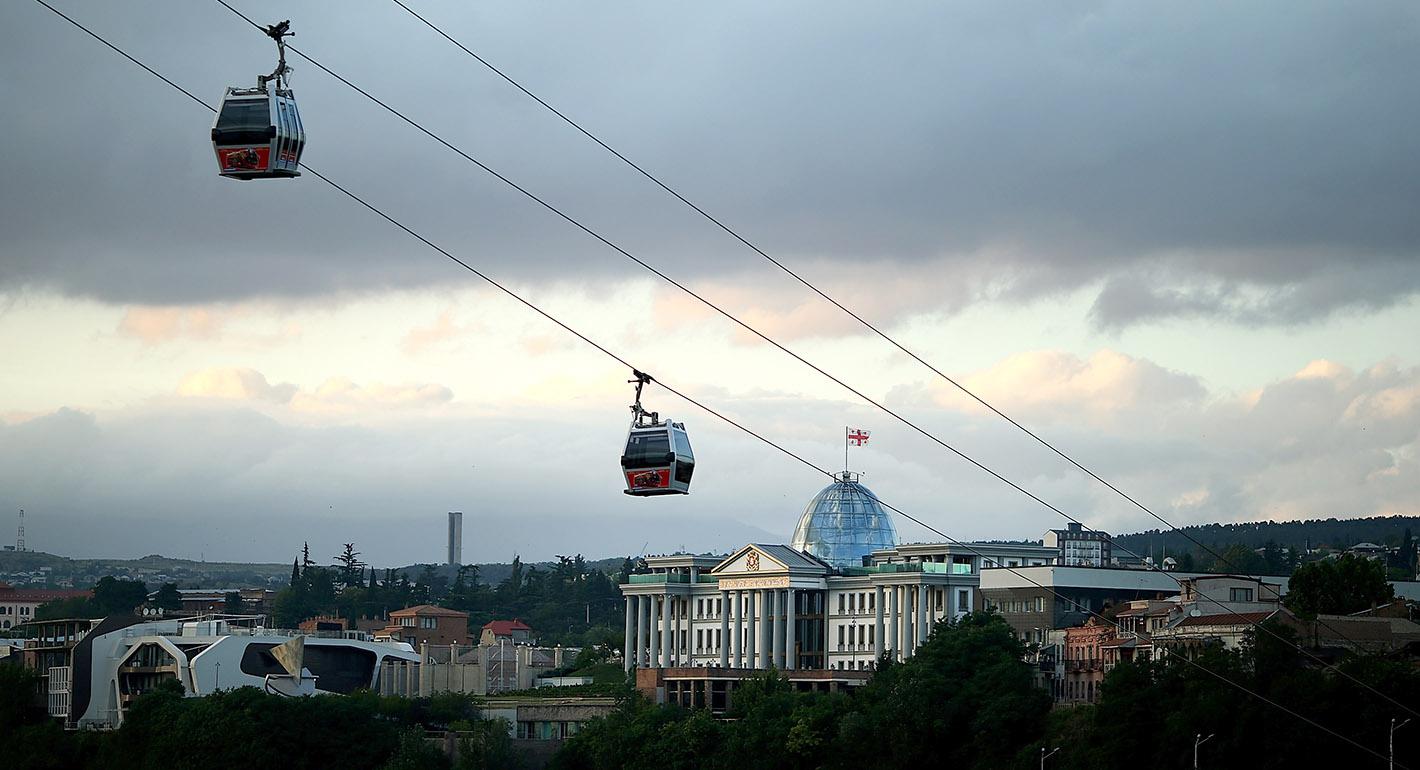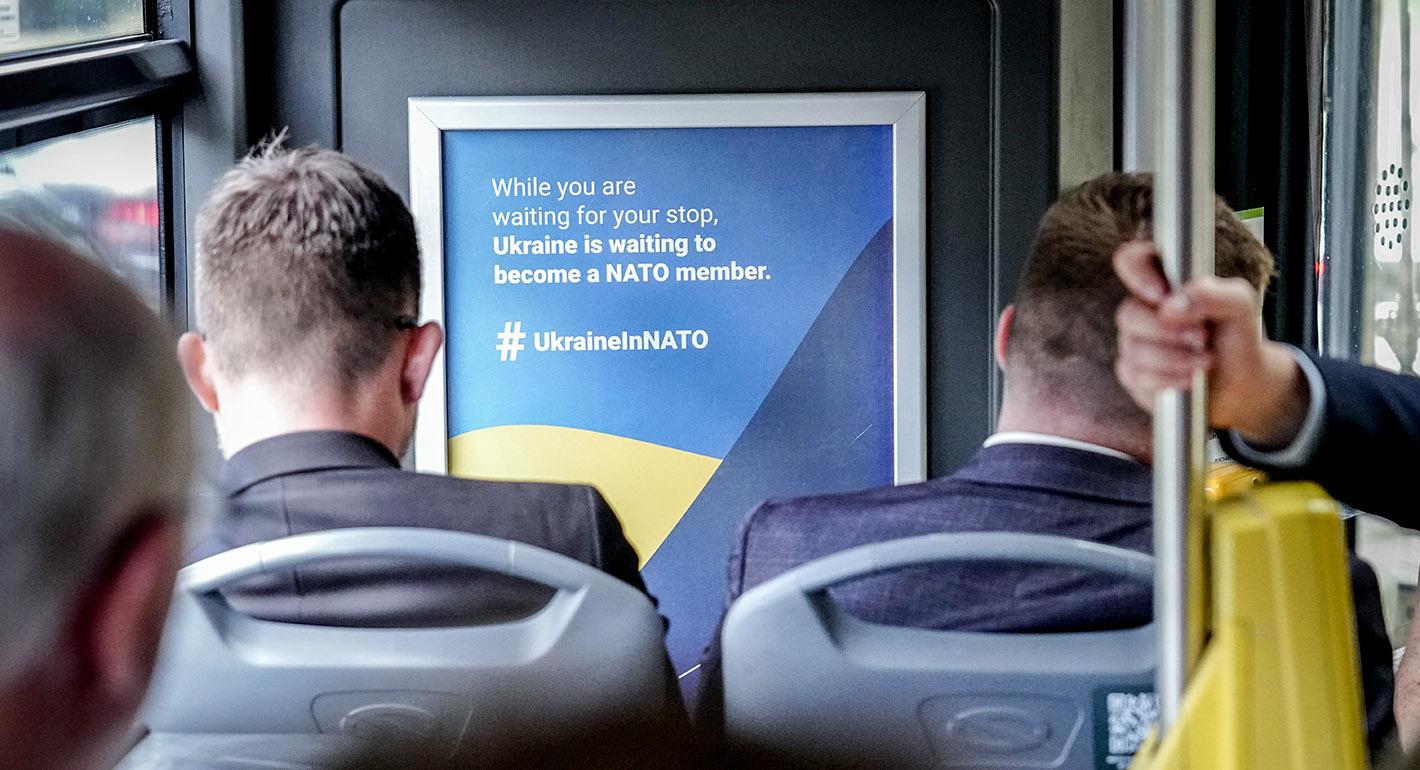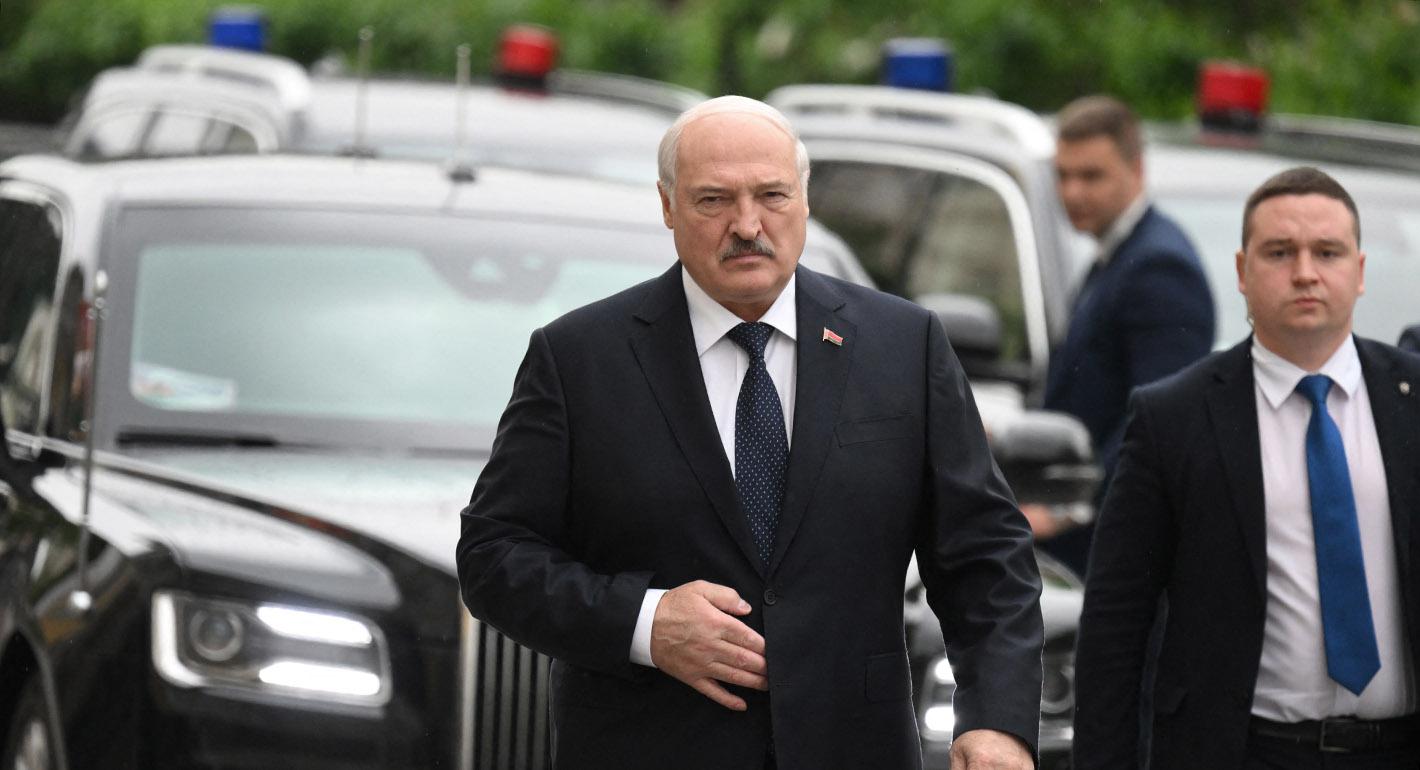Does Russia have the right to carry out a nuclear first strike, and has the time come to launch one? These questions have been the subject of recent public discussion in Russia—unprecedented in tone and content—right up to the level of Russian President Vladimir Putin.
The world has learned nothing new about Russia’s nuclear arsenal, the conditions Moscow sees as necessary for going nuclear, or the chances of this happening. Instead, the discussion became one about Russia’s current position in the world.
It was Sergei Karaganov, honorary chairman of Russia’s Council on Foreign and Defense Policy, who kicked off the debate. In an article published in the middle of June, he contended that “this military operation [in Ukraine] cannot end with a decisive victory without forcing the West to retreat strategically, or even surrender.” Therefore, he said, it is necessary to scare the West with Russia’s willingness to use nuclear weapons, and then possibly “hit a bunch of targets in a number of countries in order to bring those who have lost their mind to reason.” Karaganov summarized his point by saying that, in a war, the winners are not judged.
Previous calls to use nuclear weapons in Ukraine have been made by Chechen leader Ramzan Kadyrov. Former Russian president Dmitry Medvedev also regularly hints at such a scenario. But the direct advocation of a nuclear war by Karaganov—a member of Russia’s mainstream expert community—obliged other members of that community to weigh in.
The opinions of most other experts can be gleaned from the titles of their articles: “A Preemptive Nuclear Strike? No!,” “Why We Won’t Be Able to Sober Up the West with a Nuclear Bomb,” and “Nuclear War Is a Bad Way to Solve a Problem.” One argued that Russia could achieve all its goals with conventional weapons and that Karaganov’s proposal only played into the hands of the West; another highlighted the unpredictable consequences and unacceptable costs of nuclear weapons. The only significant public figure to support Karaganov was Dmitry Trenin, a professor at Moscow’s Higher School of Economics.
Even Putin waded into the debate on the use of tactical nuclear weapons. Answering a question at the plenary session of the St. Petersburg International Economic Forum, Putin said: “First, we see no need to use them, and, second, considering this even as a possibility factors into lowering the threshold for the use of such weapons.”
Indeed, analysis of the texts penned by the first strike proponents reveals that they are actually seeking a way out for Russia from the difficult position in which it finds itself in Ukraine. Trenin, for example, wrote that “nuclear deterrence, which many in Moscow relied on as an effective means of ensuring the vital interests of the country, has turned out to have much more limited uses.” That’s a fair point.
Russia’s nuclear power status does of course restrain the West from direct intervention in Ukraine (although it’s unclear whether, even without that deterrent, Western countries would want that). But it in no way prevents them from supporting Kyiv with arms, intelligence, training, and sanctions.
By and large, Western countries do not assess the likelihood of Russia using nuclear weapons as high. They believe it would mean many deaths, the destruction of infrastructure, and, perhaps most significantly, massive reputational damage for the Russian authorities. Nor is it a given that a nuclear strike would help Russia achieve its goals. Either way, the risks of escalation and a nuclear response would be very high.
It’s calculations of this sort that explain why nuclear weapons have not been used on the battlefield since 1945. Instead, their use has been reserved for exceptional circumstances, when the very existence of a state is threatened. The question is, what exactly are “exceptional circumstances?”
The West mostly refuses to believe that, for Moscow, those circumstances could be military defeat and a return to the borders of 2014 (before the annexation of Crimea) on the basis that if Russia existed within those borders before, it can do so again. This logic is backed up by the fact that after Putin pledged he would use “any means” to maintain the country’s territorial integrity following the annexation of four Ukrainian regions last year, he then approved Russia’s retreat from Kherson, the capital of one of those regions.
The Russian leadership is obviously struggling to find a way in which nuclear threats could strengthen its position in Ukraine and give it an edge in the confrontation with the West. The Russian Foreign Ministry, for example, regularly states that a military escalation could trigger a nuclear war. But it is unable to provide any details on the chain of events that would lead to such an outcome.
Indeed, most in the West believe the nuclear threat from Russia is insignificant. If Karaganov wanted to be taken seriously, he needed—at the very least—to explain why a nuclear outcome was desirable for Russia. Yet that part of his article was severely lacking.
Karaganov had nothing to say about the targets of a nuclear strike, the conditions for taking a decision to go nuclear, or Moscow’s famous “red lines.” All he has are contentious claims that the use of a nuclear weapon would force the West to back down.
Upon closer inspection, the nuclear weapons discussion is actually a discussion about whether there are more important things for Russia, its leaders, and its people than winning a war with the West. In the world described by Karaganov and Trenin, the answer is “no.” They see the standoff with the West as existential and argue that, as Moscow has fewer resources than its enemies, a first strike is logical.
This position is not just unacceptable to Russian nuclear policy experts, however, but also—as far as it is possible to judge—to the Russian leadership. On top of the obvious counterarguments and risks, there is an understanding that Russia has other national interests and that, while the current situation is unpleasant, it shows no sign of leading to the country’s total destruction—unlike the use of nuclear weapons.
Advocates of a nuclear first strike like Karaganov and Trenin have not only failed to scare their foreign opponents, but, as the recent discussion illustrates, have not even succeeded in winning over their colleagues. Ordinary Russians are likely similarly opposed: a recent survey by the independent pollster Levada Center revealed that 86 percent of Russians believe nuclear weapons should not be used in Ukraine under any circumstances.
Of course, none of this guarantees that nuclear weapons will not be used. That decision will be taken by one person: the Russian president. And he will be informed and advised by a group of people that does not include the experts who took part in the recent discussion. We can only hope that the consensus of Russia’s expert community and the views of ordinary people count for something.
- Andrey Baklitskiy




